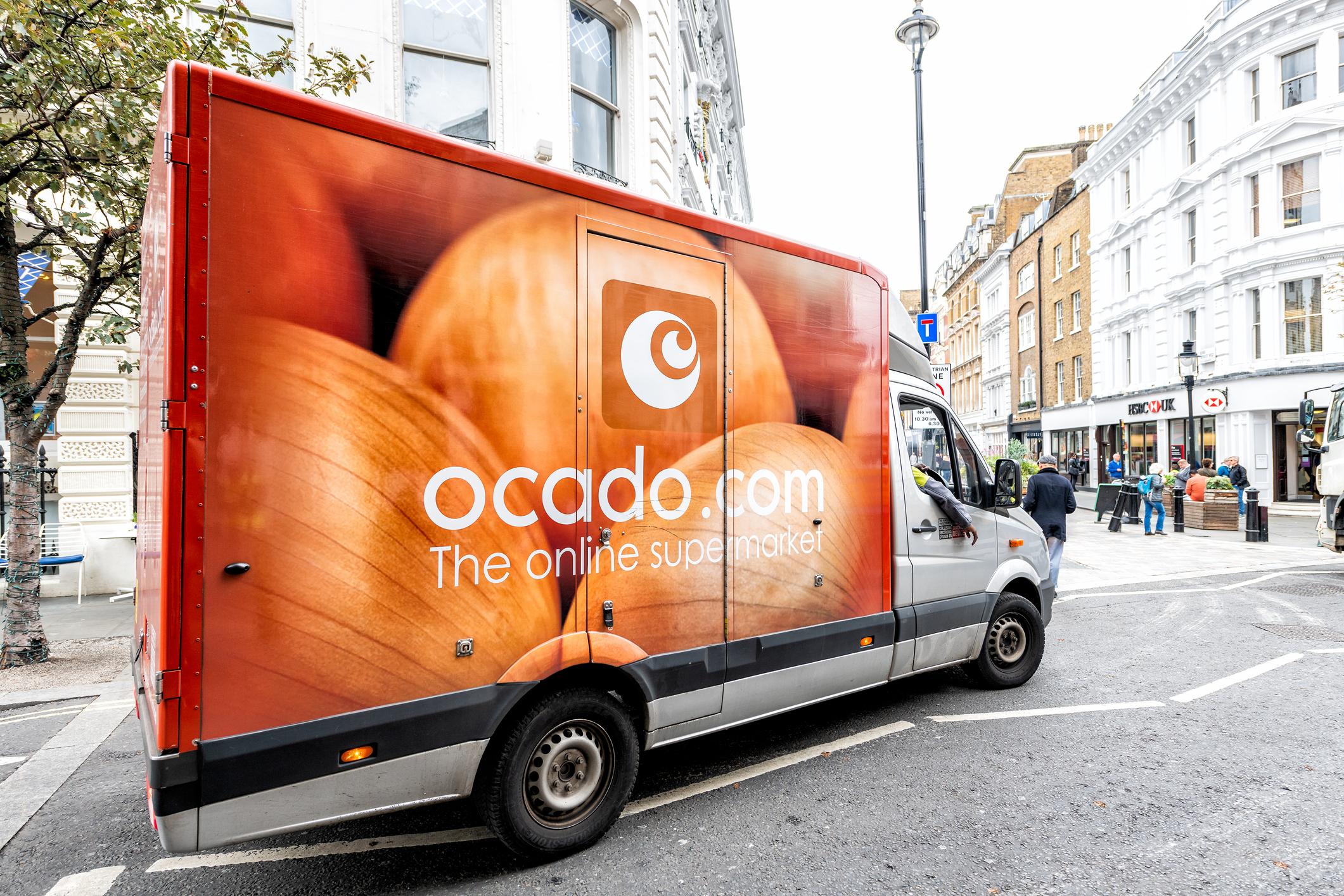Why surging Ocado is proving very hard to like
The company has paid its CEO £59m and patted itself on the back despite letting some of its customers down, writes James Moore


Ocado is not only Britain’s fastest-growing grocer, it’s the nation’s top tech company too, a prancing pony of the pandemic that’s just reported a 40 per cent retail sales surge for the second quarter of the year.
With its specialism in online food delivery, the company’s retail arm, now a joint venture with M&S, fortuitously found itself in the perfect position as Covid-19 struck.
But it has made itself very hard to like in the process and some of its problems are entirely self-created.
Ocado has been growing fast – the retail arm recorded a 10 per cent jump in sales during the first quarter too – and while that’s the sort of challenge any business would welcome, the management of it can pose problems at the best of times.
A sudden and unexpected jump in demand is harder for a business like this to handle than it is for larger, more mature rivals. They had greater capacity, and were able to divert available staff into areas of need while rapidly hiring a small army of temps. Even then, they experienced glitches.
That doesn’t and shouldn’t absolve Ocado of criticism for the way it handled the situation when the dam burst and some of its most loyal and longstanding customers were left without shelter.
A number of subscribers to the grocer’s “Smart Pass” service, which involves paying a monthly fee in return for unlimited deliveries at times of their choosing, suddenly found themselves cut off.
Reserved orders were cancelled, slots evaporated, the website blew up, emails to “customer service” produced a generic and slightly passive-aggressive response (poor us, we’ve been coping with overwhelming demand).
Mumsnet now has threads devoted to the trials and tribulations with Ocado, something that would result in flashing red lights and a warning sirens at most consumer-facing companies.
The word Ocado seems to have struggled with is “sorry”, at least unequivocally.
Take its trading statement, released prior to its AGM. In it, Ocado congratulates itself for looking after longstanding and vulnerable customers, which may read like a kick in the teeth to those it has let down.
“Throughout the ongoing Covid-19 crisis, Ocado Retail has shown great resilience in its efforts to meet the needs of as many customers in the UK as possible,” it declares. There’s another kick somewhere painful.
This missive was aimed at shareholders, rather than customers, most of whom won’t have seen it. That’s a good thing from Ocado’s perspective because it strikes entirely the wrong tone.
Diverting some of its vast haul of extra revenue towards smoothing ruffled feathers wouldn’t be a bad idea. But Ocado has instead splurged on a quite unconscionable bonus package for CEO Tim Steiner. Last year it was worth a staggering £59m.
That sort of pay packet can’t help but make it hard for him to empathise with self-isolating customers faced with empty cupboards thanks to cancelled orders they’d been relying upon.
This might explain some of the company’s mishaps and customer relations gaffes.
The staff, who’ve been given a 10 per cent bump, deserve their extra money. They’ve had to work their fingers to the bone to keep the show on the road. Steiner, however, does not.
Yet he looks set for another big bung thanks to a share price sent into the stratosphere even though it is not down to anything he’s done. You can chalk it up to what insurers used to refer to as an “act of god” when denying claims.
The business Steiner is excited about – selling the group’s state-of-the-art kit – could also benefit from the latter. The pandemic has served to underline the importance of having a good online operation, which Ocado can help with.
Will potential customers for its tech take into account the less-than-impressive performance for grocery customers when researching Ocado as a prospective partner? That’s the, shall we say, £59m, question, isn’t it?
Shareholders have done well out of the company but they really ought to think about that, and about the fact that it’s their money being spent on unjustifiable rewards for executives.
A number rebelled at the AGM. Nearly 30 per cent voted against the remuneration report while nearly 20 per cent opposed the reappointment of Andrew Harrison, the chair of the remuneration committee, as a director. That’s significant. But it isn’t enough.
Join our commenting forum
Join thought-provoking conversations, follow other Independent readers and see their replies
Comments